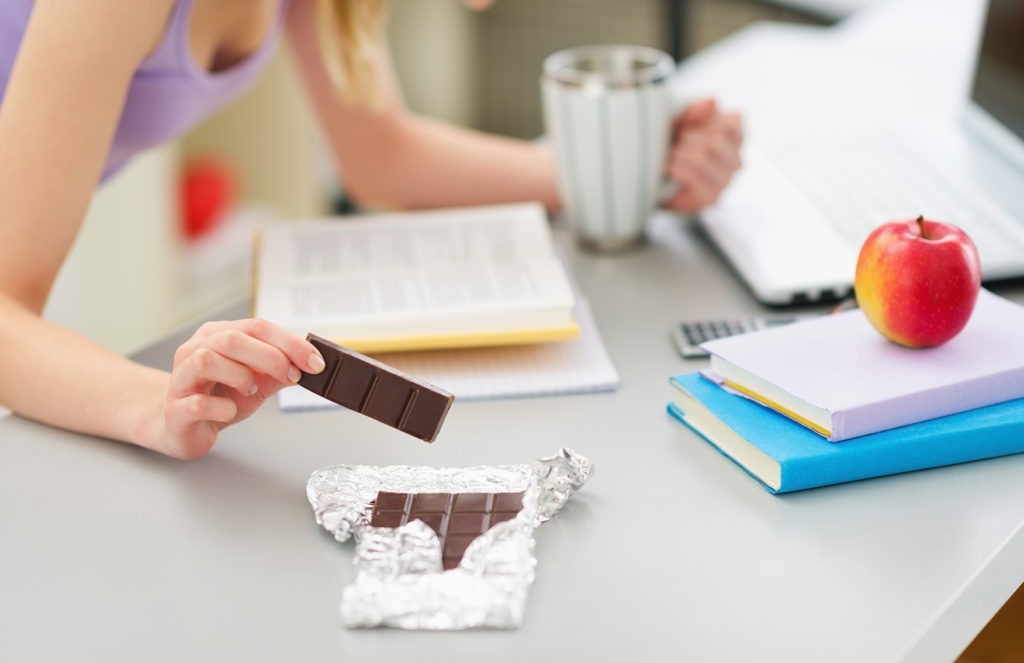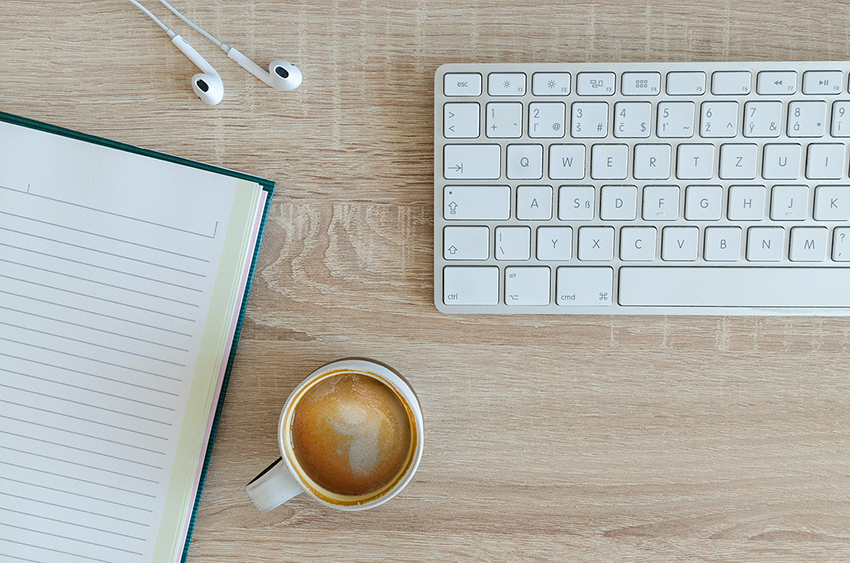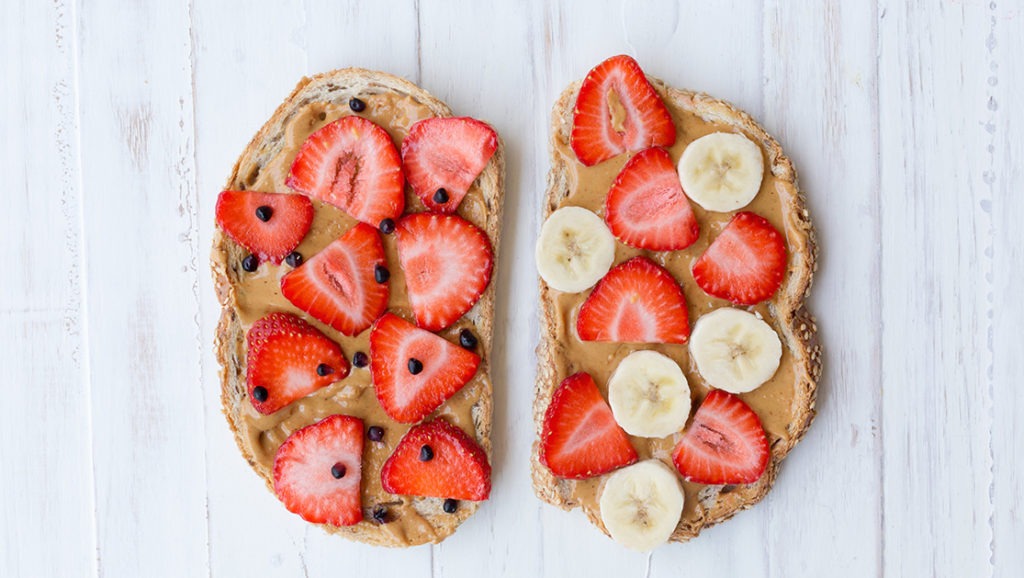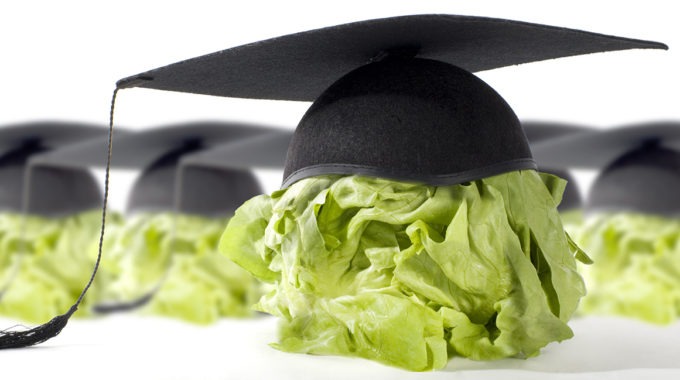Cram with healthy foods for exams
With final exams for Year 12 students coming up, now is a good time to think about the connection between healthy food and mental wellbeing, particularly for young people. The right foods will also help to fuel those study sessions, so students will get the most out of their revision if they try to stick to a nutritious diet.
“It’s been a tough year, and we feel for the thousands of young Australians who will soon be sitting their final exams,” says Simone Austin, senior dietetic advisor at Dietitians Australia.
With Australians aged between 15-24 years most likely to experience a mental or behavioural condition, building healthy food habits from a young age is vital.
“There are many ways foods affect how we feel, and there is growing evidence to support the impact that nutrients, food and dietary patterns, like a Mediterranean style of eating, has on mental health,” says Austin. “Choosing nourishing food and drinks can keep us feeling energised, alert and sustained; useful for long exams and hours of study.”
Bupa nutritionist Jenny Boss agrees, saying that rather than focusing on one or two specific foods for energy, concentration or brain health, it’s more helpful to focus on healthy eating patterns like the Mediterranean diet, which large studies have consistently found to be particularly beneficial for brain and mental health.
“But if you want to single out a specific brain food, you can’t go past eggs,” she says. “That’s because they contain a variety of nutrients that we know are important for brain health, including iron, omega-3 fats, choline [required to make acetylcholine, an important neurotransmitter] and vitamin B12, as well as being a good source of protein.”

Snack smart to study well
While your first reaction might be to reach for junk foods when hunger strikes in the middle of a study session, these really aren’t doing you or your brain any favours.
“Chips, biscuits, lollies and chocolate bars provide plenty of kilojoules but few nutrients,” Boss says. “You can also feel sluggish if you eat too much.”
Instead, eating whole foods like fruit and vegetables, wholegrain breads and cereals, nuts, legumes, lean meats, poultry, seafood, eggs and dairy means you’re more likely to get a healthy dose of vitamins, minerals, antioxidants and fibre. These impact our gut and brain health, which in turn positively influence our mental health.
For snack ideas to fuel your study session, Austin suggests you go savoury over sweet and try something like wholegrain crackers with cheese and tomato, nuts or roasted chickpeas.
“Also consider options you may not have thought about as snacks, such as olives, fruit skewers, sliced apple topped with peanut butter or vegie sticks with ricotta or dips like hummus or tzatziki,” she says. “These are packed full of fibre, protein and healthy fats which help feed our gut and brain health.”

Keep your fluids up… but go easy on the caffeine
With 50-80 percent of our body comprising water, staying hydrated is also important to keep functioning at your best. But although it might seem like a good idea at the time, energy drinks and endless cups of coffee are not the best way to keep your fluids up.
“Any drinks containing caffeine can potentially cause problems such as headaches, anxiety and feeling jittery, and energy drinks in particular have been associated with adverse effects in teenagers,” Boss says. “Energy drinks are also often high in sugar, which can increase energy for a short period but then lead to a crash. But even sugar-free versions with artificial sweeteners may have adverse effects on the gut microbiome.”
For a healthy drink to keep energy levels up, Boss says you can never go past a fruit smoothie, which contains carbs for fuel as well as protein. If you do feel like you need some caffeine, stick to coffee or tea. But remember that coffee has more caffeine than tea, so Boss recommends no more than one or two cups before midday.
Austin also points out that too much caffeine, particularly close to bedtime, can affect your sleep. “Gaining adequate sleep is vital for mental health, more than people think,” she says. “So where possible, make water your drink of choice.”

Fuel your brain in testing times
Before exams, you might be feeling too nervous to eat, but Boss says you should try to eat something, as your brain won’t work as well on an empty stomach.
“Anything is better than nothing,” she advises. “But if you can stomach it, try a banana smoothie, an egg, or some wholegrain toast with peanut butter. Otherwise, take a muesli bar to eat on your way to exams. While these do contain sugar they also have oats, nuts and seeds, which can help fuel the brain.”
Also make sure you have a water bottle to hand, as the brain works best when it’s hydrated. And while it might seem impossible, try to get a good night’s sleep the night before.
“Much like elite athletes, preparing for exams is like preparing for game day,” Austin says. “Staying hydrated and getting enough sleep is vital for both athletes and students to perform at their best.”
If you’re after support about how to eat to increase your mental performance, why not connect with your local Accredited Practising Dietitian? You can find one near you here. Bupa members can also access a Dietitian Health Coaching service, which provides over-the-phone personalised nutrition coaching.









